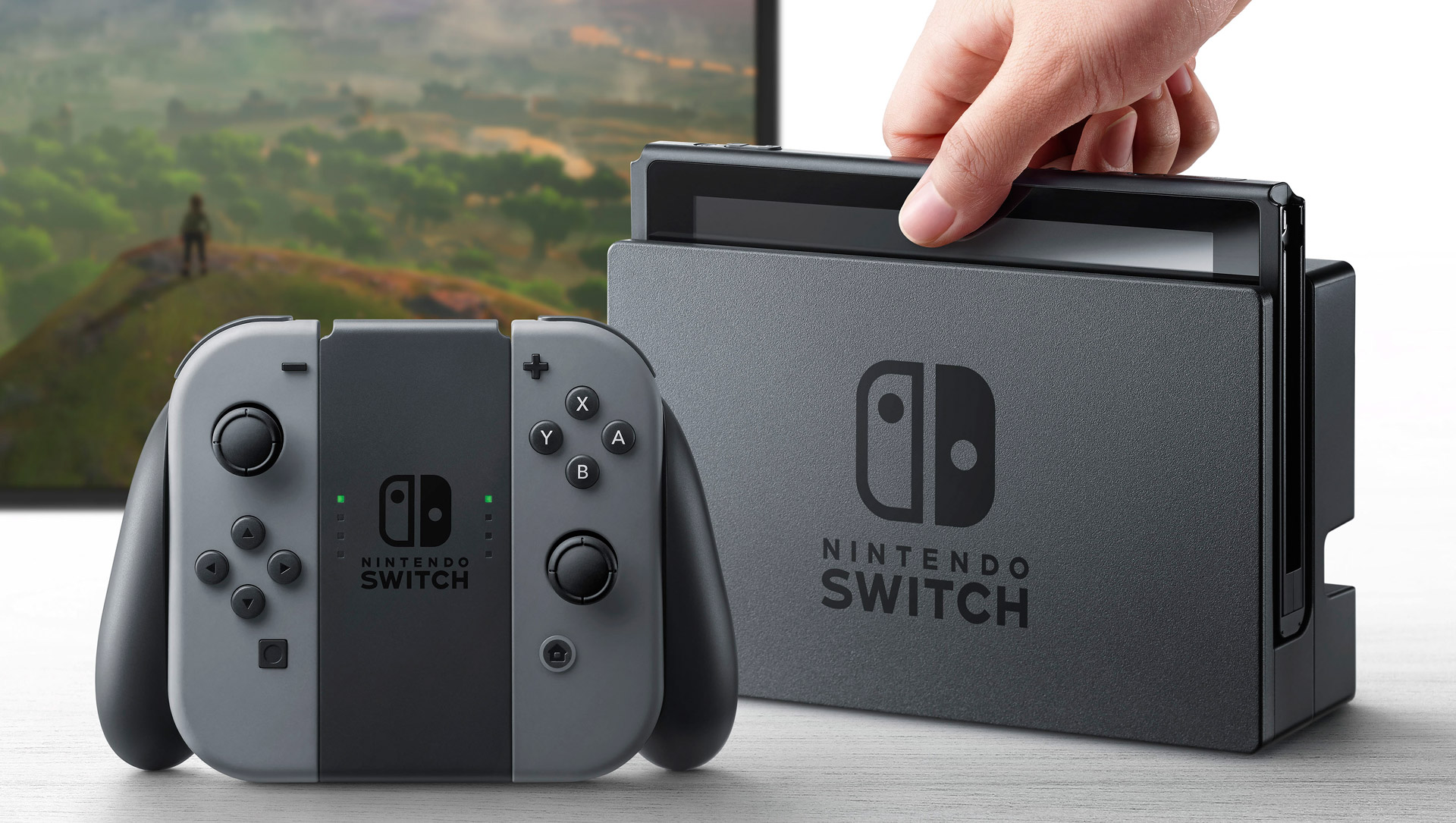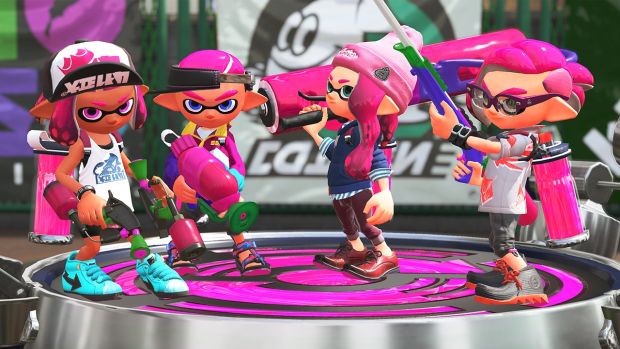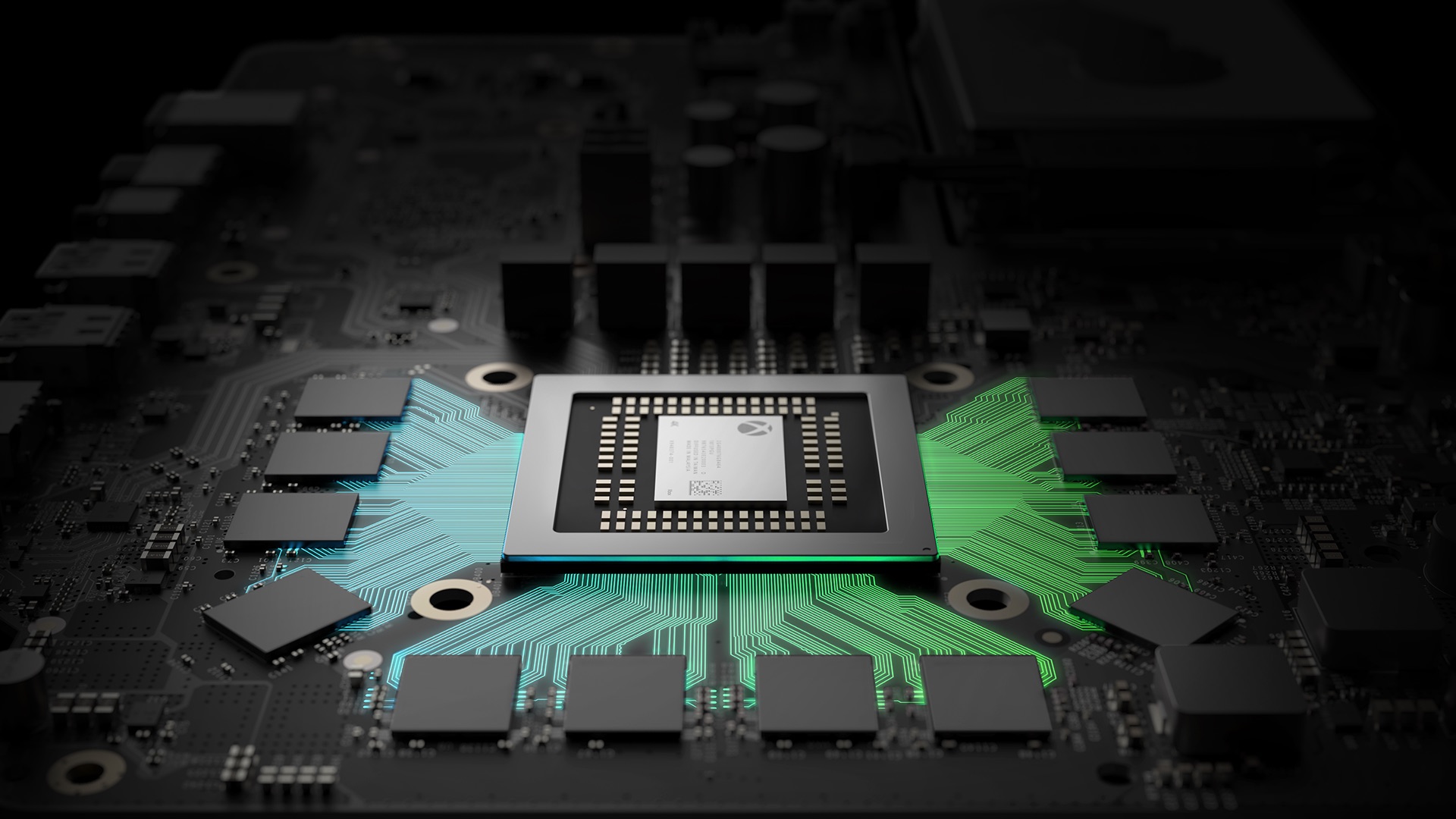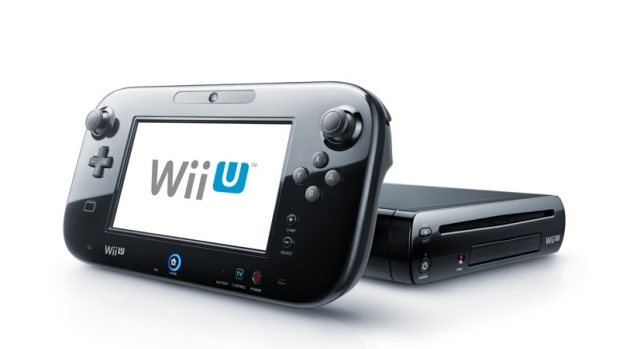
I‘ve been screaming myself hoarse on this thing for a while, now- but the Xbox One exclusives situation is extremely dire. I’ve talked about it variously, at length, multiple times before. Microsoft’s situation with first party investment in big budget exclusives for the Xbox One has never been worse than it is right now- the situation looks especially egregious since Microsoft is on the cusp of launching new hardware.
However, nothing highlights the severity of the situation as well as the realization that, in its first nine months on the market – from March 3, 2017 to December 31, 2017 – the Nintendo Switch will end up with more big budget retail exclusives than the Xbox One in all of 2016 and 2017 put together.
Somehow, in nine months, the Switch will end up with more big budget retail exclusives on the market than two years of the Xbox One. The situation is especially troubling since both of these two years, we have been promised by Xbox boss Phil Spencer that Xbox will have its strongest lineup yet.
"Somehow, in nine months, the Switch will end up with more big budget retail exclusives on the market than two years of the Xbox One."
For 2016 and 2017, the exclusive retail game tally for the Xbox One and the Nintendo Switch looks as follows:
XBOX ONE
- Forza Horizon 3
- Gears of War 4
- Quantum Break
- ReCore
- Dead Rising 4
- Halo Wars 2
- Crackdown 3
- Super’s Lucky Tale
- Forza Motorsport 7
NINTENDO SWITCH
- The Legend of Zelda: Breath of the Wild
- 1-2-Switch
- Mario Kart 8 Deluxe
- ARMS
- Splatoon 2
- Mario x Rabbids: Kingdom Battle
- Pokken Tournament DX
- Super Mario Odyssey
- Fire Emblem Warriors
- Xenoblade Chronicles 2
Now, I already see some counterpoints presumably being raised as objections to this, so let’s address them one by one. First off, yes, the Switch list has games like The Legend of Zelda: Breath of the Wild, Mario Kart 8 Deluxe, and Pokken Tournament DX, all of which are available on the Wii U too. However, if we were to remove games from the Switch list for also being on the Wii U, we would concurrently also have to remove games from the Xbox One list for being on the PC, in which case we would be left with literally no games on the Xbox One list (and six on the Switch list). True exclusivity is really not an argument that favors the Xbox One at the present.
Yes, the Switch list has 1-2-Switch, which is a pretty mediocre title- but it is no more mediocre than something like ReCore on the Xbox One list. Both are in comparable Metascore ranges, with 1-2-Switch having a 58, and ReCore a 63.
"The Switch list has, on average, higher selling exclusives, the Switch list has a higher average Metascore, and the Switch list has more genre variety (9 genres represented) than the Xbox One list does (5 genres represented). No matter how you attempt to parse the argument, you end up faced with the inescapable conclusion that the Nintendo Switch, in nine months, will show up the last two years of the Xbox One exclusive lineup entirely."
All of this is before we try to parse these lists on other factors- the Switch list has, on average, higher selling exclusives, the Switch list has a higher average Metascore, and the Switch list has more genre variety (9 genres represented) than the Xbox One list does (5 genres represented). No matter how you attempt to parse the argument, you end up faced with the inescapable conclusion that the Nintendo Switch, in nine months, will show up the last two years of the Xbox One exclusive lineup entirely. It’s a bit troubling, and it is inexplicable as to how Microsoft’s exclusives situation has gotten this bad.
An argument often used by many is that Microsoft was focusing on fixing the hardware and network services on the Xbox One first, and they will now focus on games, once the Xbox One X is released. But that argument is fallacious and does not hold up for so many reasons. It fundamentally misunderstands how internal hardware and software development works. 343 Industries, Rare, and Turn 10 did not develop the Xbox One X or Xbox One S hardware, or the Xbox Live suite of services, or the Xbox UI. Microsoft, much like Sony and Nintendo, has different teams for services, different ones for UI, different ones for hardware, and different ones for games. All of them are working on their next project(s) all the time (which is why research on a new console begins as soon as the current one is out). Working on one does not preclude the other- and if it does, then Microsoft has a far larger issue than their lack of exclusives to tackle as a platform holder.
All of which is to say that having new hardware in the work should not at any point interfere with having new games in development. New hardware is always in the work at all three companies- if this line of reasoning were to hold true, then there would never be any new games made. In fact, we already have indication that the successor to the Xbox One X is in development– so are we to assume, going by this line of reasoning, that Microsoft, who are working on new hardware again, will not have their first party exclusives situation improving any time soon? And why is this argument applicable to only Microsoft? Nintendo just released new hardware – in their case, entirely new hardware, not an iterative refresh of their existing console – this year too, and somehow they can manage putting out 10 exclusives in nine months. Would their game output not have been throttled as well if hardware development really did divert resources from game development?
"An argument often used by Xbox fans is that Microsoft was focusing on fixing the hardware and network services on the Xbox One first, and they will now focus on games, once the Xbox One X is released. But that argument is fallacious and does not hold up for so many reasons. It fundamentally misunderstands how internal hardware and software development works."
So, no, this analysis is a stark reminder of the fact that the Xbox One’s exclusive situation is in dire straits right now- and nothing on the horizon seems to indicate that it will get better, either. We can safely assume that new Forza, Gears, and Halo games are coming up, and one or two of them might even release next year. But these expected franchises apart, what else is in the works? Sea of Thieves and State of Decay 2? I’m not even going to get into how much Sony’s exclusive lineup for beyond 2017 clowns this- Nintendo, with a new Fire Emblem, Pokemon, Metroid, Kirby, and Yoshi game clown that lineup too (and before someone points out that Fire Emblem, Pokemon, and Metroid barely exist right now, let me remind you that they have at least been officially announced, unlike Halo, Gears, and Forza– I am giving Xbox a concession here).
It is also important because, no matter how much you may try to talk yourself into believing otherwise, exclusive games do matter. They matter because they give depth, texture, and nuance to a platform’s library. Any one exclusive in and of itself may not matter in the large scheme of things (well, unless you are Nintendo)- but in aggregate, yes, having a larger pool of compelling exclusives matters. Exclusives are a large reason why the PS4 is outselling the Xbox One 2:1 in the market, and why the PS4’s sales are accelerating globally in its fourth year. It’s why the Nintendo 3DS has managed to sell 68 million units worldwide on the back of nothing but exclusive games, in a post smartphone and tablet era, as a dedicated handheld. Exclusives are the reason, the only reason, the Nintendo Switch has become Nintendo’s fastest selling device ever, selling 5 million in four months, and currently either #1 or #2 worldwide, landing the Xbox One squarely in third place on month-to-month bases.
No matter how much you try to tell yourself otherwise, they matter. You might point to the Wii U and say, but if exclusives matter so much, why did the Wii U fail? Surely exclusives don’t matter as much, right?
"Using the Wii U as proof that exclusives don’t matter anymore is fallacious, disingenuous, and ignoring the larger context around that system’s failure."
Such an argument would be deliberately ignoring the larger context around the system’s failure. The Wii U was a fundamentally unappealing machine which sunk it, yes, and most people either didn’t know the Wii U existed, or thought it was a pricey add on for the Wii. It had zero awareness, and terrible marketing. This is without addressing the point that over half the Wii U’s exclusives were 2D platformers and sidescrollers sold at full price, that doesn’t pass muster in the present day market context. Of the remaining half, most were not marketed. Four were- Splatoon, Super Smash Bros., Mario Kart 8, and Super Mario Maker, ironically the four that sold the best.
Sorry, but using the Wii U as proof that exclusives don’t matter anymore is fallacious, disingenuous, and ignoring the larger context around that system’s failure, especially when counter evidence already exists in the form of the 68 million selling 3DS, which sold that much as a handheld in a post smartphone world on the back of nothing but its exclusives. The Wii U is not a good argument that exclusives are immaterial. Nothing is.
Instead of trying to downplay the importance of exclusives, I believe we must ask ourselves where Microsoft’s exclusives situation is headed. It has hit its lowest point ever this year, and with most Microsoft franchises either canceled, or their studios having been shuttered, there is little indication that things are about to get better on this front any time soon. I do hope they do, however- Microsoft has proven to be incredibly receptive to feedback this generation, and they have managed to turn the state of their offerings around remarkably well, as far as their hardware and their services go. It’s just on the games front, the most important part of a console, that they have failed so far. And on that front, a nine month old system will have clowned the last two years of Xbox put together without any effort.
Maybe we should think about that.
Note: The views expressed in this article are those of the author and do not necessarily represent the views of, and should not be attributed to GamingBolt as an organization.

















